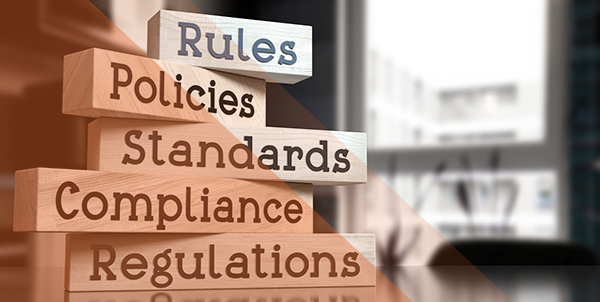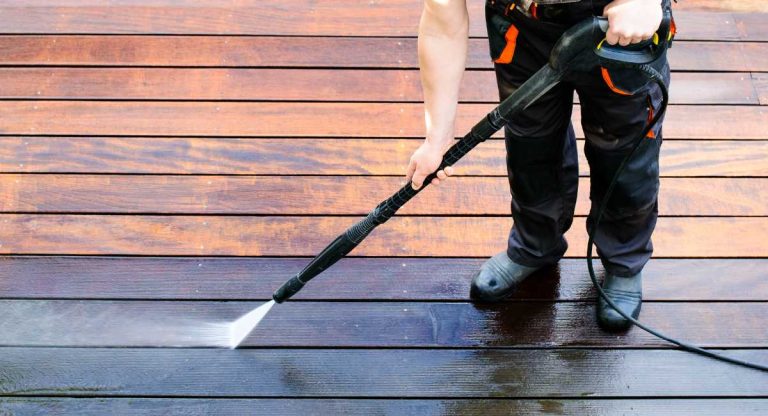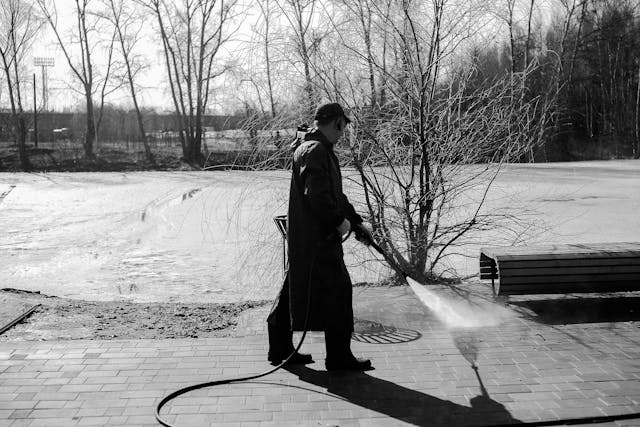
If you live in a community governed by a homeowners’ association (HOA), then you’re probably familiar with the occasional letter or email urging you to power wash your driveway, siding, or even your mailbox. 🧽📬
HOAs can be a blessing and a burden. While they help maintain neighborhood appearance, their cleaning standards can sometimes feel strict or unclear. Hiring a professional power washing service is often the easiest way to stay compliant and avoid fines, but it helps to know how to navigate the process correctly.
Let’s break down everything you need to know about hiring a power washer to meet HOA requirements — without added stress. ✅
📜 1. Understand Your HOA’s Cleaning Requirements
Every HOA is different, so start by reviewing your community’s:
- Covenants, Conditions & Restrictions (CC&Rs)
- Maintenance guidelines
- Seasonal reminders or compliance notices
These documents will tell you:
- What areas must be cleaned (driveway, sidewalk, roof, etc.)
- How often it’s expected (annually, biannually, or “as needed”)
- Approved cleaning methods (some may ban harsh chemicals or high-pressure washing)
- Deadlines for compliance and the penalty for missing them
Knowing this info up front saves you from hiring a service that doesn’t meet HOA standards. 📖💡
🏠 2. Most Common HOA Power Washing Triggers
HOAs typically request power washing for visual cleanliness and community upkeep. The most common areas flagged include:
- Mildew-covered siding
- Mossy or stained driveways
- Algae-streaked roofs
- Dirty sidewalks or walkways
- Grime on fences or gates
You might not even notice these issues — but someone on the HOA’s inspection team likely will. 👀
🔎 3. Get Pre-Approval (If Required)
Some HOAs require pre-approval before any exterior work is performed. This is especially common if:
- You’re in a historic district
- Your home shares a wall or roof with neighbors
- You live in a condo community
In these cases, submit a request to your HOA’s architectural review board or property manager with:
- A short description of the work
- The name of the company
- The scheduled date
- What surfaces will be cleaned
This prevents misunderstandings — and protects you if a neighbor reports work being done. 📝🧠
💧 4. Choose an HOA-Friendly Power Washing Company
Not every power washing service is used to working with HOA-governed properties. Look for a company that:
- Is licensed and insured 🧾
- Uses eco-friendly products safe for lawns and drains 🌿
- Can work within HOA timelines
- Knows how to avoid damaging stucco, wood, or painted surfaces
- Is familiar with soft washing (often required for delicate materials)
💬 Bonus tip: Ask the company if they’ve worked in your neighborhood before. If they have, they likely know what the HOA expects — and how to deliver it.
Browse Amazon Here For Top Rated Power Washers And Accessories
📸 5. Document Before and After
Before the cleaning, take clear photos of the areas to be serviced. After the job, take more photos of the same areas.
Why?
- It gives you proof the job was completed
- You can show the HOA evidence if needed
- You’ll have backup if the work is questioned later
- It helps resolve disputes if something gets damaged
Most pros will also take their own before-and-after photos — ask if you can keep a copy. 📷✨
📅 6. Schedule Ahead of the Deadline
Waiting until the last minute is risky. Power washing companies often book out several days or even weeks in advance — especially in spring and early summer, when HOA notices are common.
As soon as you receive a warning or reminder, schedule your service. This gives you flexibility and keeps you off the HOA’s radar. 🕒📬
💸 7. Keep Your Receipt or Service Report
After the job, be sure to keep:
- A digital or paper receipt
- A copy of the service description
- The technician’s contact info
If your HOA questions whether the work was completed or still sees discoloration, you’ll be ready with proof. Some power washing companies even offer an official completion certificate for HOA records — ask if it’s available. ✅📄
🤝 8. Proactively Communicate with the HOA
If you’re facing a tight deadline or multiple issues, reach out to your HOA directly. Let them know:
- You’ve scheduled a professional service
- The cleaning is on the calendar
- You’re aware of the issue and handling it
This kind of proactive communication shows you’re being responsible and often leads to extensions or grace periods. 🗣️
🚫 9. Don’t DIY If You’re Unsure
Some homeowners are tempted to rent a pressure washer and knock the job out themselves. While DIY can work in some cases, it may:
- Fail to meet HOA cleaning standards
- Cause accidental damage to your siding or concrete
- Result in uneven or streaky results
- Violate HOA rules about approved methods or products
Unless you’re experienced with power washing, it’s safer (and often more cost-effective) to hire a pro. 🧼👷♂️
✅ Final Thoughts
When your HOA demands power washing, it might feel like just another thing on your to-do list. But with the right preparation and a reliable company, you can handle it quickly and confidently — and maybe even improve your curb appeal in the process. 🏡✨
Remember:
- Check your community’s requirements
- Hire a pro who knows how to work within HOA rules
- Document everything
- Communicate clearly
A little diligence goes a long way — and keeps those dreaded HOA fines out of your mailbox. 💌🚫
Browse Amazon Here For Top Rated Power Washers And Accessories






